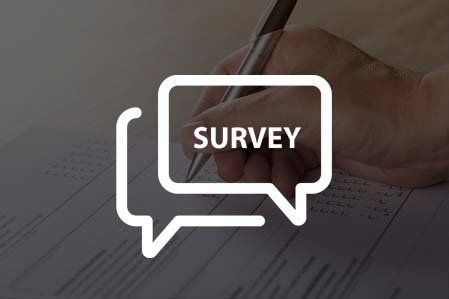+1-800-298-3165
Google sheds some new light on secretive core updates
Whether you design websites for a living or run a website
for your business, you are almost certain to have found yourself totally
exasperated with a Google algorithm update and its impact on your rankings at
one point or another.
The search engine is notoriously tight lipped, not just
about what it actually considers as ranking factors and how they are weighted
but about when and what its algorithm updates focus on. What we do now is that
every so often, the search engine performs an update to its ‘core’ algorithm.
While it makes changes daily – many of which you won’t ever know about – these
larger core updates often cause waves and set the cat amongst the ranking
pigeons. Google calls them significant, broad changes.
Sometimes Google will give advance warning of the update but
more often than not, that isn’t the case. Typically, Google will confirm a
major update after the fact, in the face of widespread changes and questions.
It says, “We confirm broad core
updates because they typically produce some widely notable effects. Some sites
may note drops or gains during them. We know those with sites that experience
drops will be looking for a fix, and we want to ensure they don’t try to fix
the wrong things. Moreover, there might not be anything to fix at all.”Google recently completed a core algorithm update, leading
many sites to question what they needed to do to regain their lost ranking
spots. In the face of many queries and consternation, the search engine has
took the unusual step of shedding a little more light on its updates and
offering some helpful advice on which course of action to take after an update
– it had previously said there was nothing you can do but has taken to its blog
to be a little more helpful. Here’s what it now advises… 1.
Don’t assume there is something wrong
When Google performs major updates, it’s essentially trying
to even further refine how it sorts the web’s information. It says that changes
to your site’s rankings after a core update don’t necessarily indicate that
something is wrong. The search engine’s advice is don’t assume you have messed
up, violated a guideline or been hit with a penalty. It says, “…there’s nothing in a core update that
targets specific pages or sites. Instead, the changes are about improving how
our systems assess content overall. These changes may cause some pages that
were previously under-rewarded to do better.”
2.
Keep your focus on content
Google’s all about seeking the best content for its users so
if you feel that you do want to make changes if your site has suffered a
ranking drop, it says
to focus you or efforts on making your content the best it can be.You’ll need to ensure your content:·Is original·Provides useful information·Is insight and interesting and goes beyond
staying the obvious·Draws on other sources·Has a descriptive, helpful title and meta
description·Is well presented with clear source attribution,
evidence of authority, free of factual errors and created by someone who is
familiar and comfortable with the topic at hand
3.
Don’t expect an immediate change
Finally, Google says you shouldn’t expect any changes you
make to have an immediate effect on your search position. If you were hit
during a core algorithm update, you may not recover until the next one in a few
months time. You may notice earlier improvements when other smaller day-to-day
algorithm changes are made but often, the impact of those changes isn’t
noticeable.
Share this post:
Popular Posts



Recent Posts



The Old School House, 65A London Rd, Oadby, Leicester LE2 5DN
Phone:
+44116 296 2488
Email: info@eazi-business.com
Co Reg: GB08364226
VAT No: 161014655
Copyright © 2022 Eazi-Business. All rights reserved.







